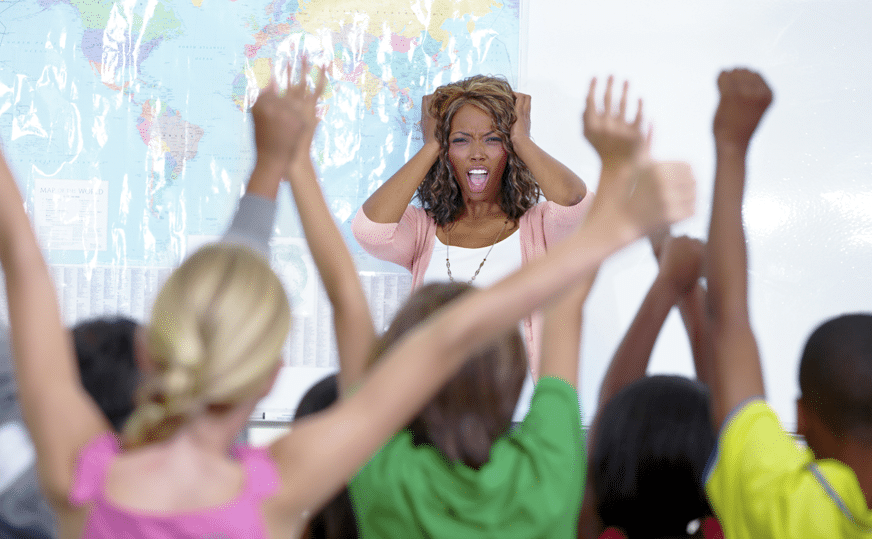
Education takes place within a social environment. To be successful in school, students must demonstrate not only academic competence, but social competence as well. Students are expected, among other things, to behave and act appropriately, cooperate with others, solve problems, resolve conflicts, and make good decisions, In academic lessons, students also are expected to communicate clearly, collaborate with peers to solve problems and complete tasks, and show manners—such as listening, waiting one’s turn, following directions, seeking help appropriately—when participating in group activities. In other words, without certain social skills, students may be unable to access the curriculum.
When a student does not demonstrate appropriate social skills, it is important to ask, “Is it because the student can’t or won’t?” The answer to this question will determine which strategy to take. If the student won’t perform as expected, then a behavioral management strategy is needed. But, if the student cannot perform as expected, then the student will need to be taught the social skill in question.
A Collaborative Approach to Teaching Social Skills shows teachers (K–8) how to teach social skills.
